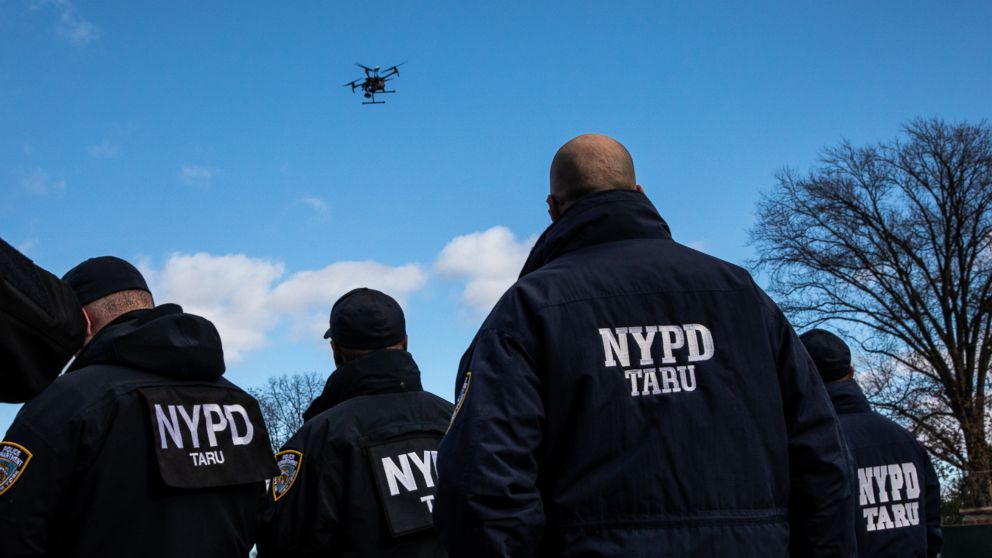The New York Police Department has been utilizing drones for specific purposes such as search and rescue missions, documenting crime scenes, and monitoring public events. Now, they are planning to use drones to address noise complaints over the long Labor Day weekend. Assistant NYPD Commissioner Kaz Daughtry mentioned during a press conference that if there is a report of a large party in a backyard, drones will be deployed to check on the situation. This announcement has raised concerns among privacy advocates who argue that it goes against the requirements of the POST Act, which mandates police to disclose their surveillance technology policies.
The Surveillance Initiative: Eyes in the Sky
The NYPD’s decision to use drones for monitoring private parties and gatherings during Labor Day weekend is part of its broader effort to enforce COVID-19 safety regulations and address noise complaints and illegal gatherings. The drones will be equipped with cameras and will hover over areas where large gatherings are anticipated.
This plan deviates from the department’s initial promise that drones would not be used for warrantless surveillance. The NYPD’s POST Act Unmanned Aircraft Systems policy explicitly states that unless there are urgent circumstances, drones should not be used in areas where privacy is expected without a search warrant. It remains unclear if the department will obtain a warrant for noise complaints during private events over Labor Day weekend or if they consider it as an exigent circumstance. Nonetheless, the NYPD has been increasing its use of drones in recent years, with unmanned aerial systems being deployed 124 times in 2023.
Privacy Concerns: Balancing Safety and Personal Rights
While the NYPD’s intentions are rooted in ensuring public safety and preventing the spread of COVID-19, the use of drones for surveillance raises several privacy concerns:
- Invasion of Privacy: Critics argue that the use of drones infringes upon individuals’ privacy rights. Hovering drones equipped with cameras can capture intimate moments and conversations, potentially violating the privacy of those being observed.
- Surveillance Without Consent: Unlike security cameras in public spaces, which are often visible, drones can operate discreetly, making individuals unaware that they are being monitored. This raises questions about informed consent.
- Data Security: Concerns also revolve around the security of data collected by these drones. How will the NYPD handle, store, and secure the footage captured during the surveillance?
- Mission Creep: There are concerns that the use of drones for one purpose may lead to mission creep, where they are employed for broader surveillance purposes in the future.
On the other side of the debate, supporters argue that the use of drones can be a valuable tool in maintaining public safety during large gatherings, especially in the context of the ongoing pandemic. Drones can help identify potential super-spreader events and enforce social distancing and mask-wearing guidelines.
